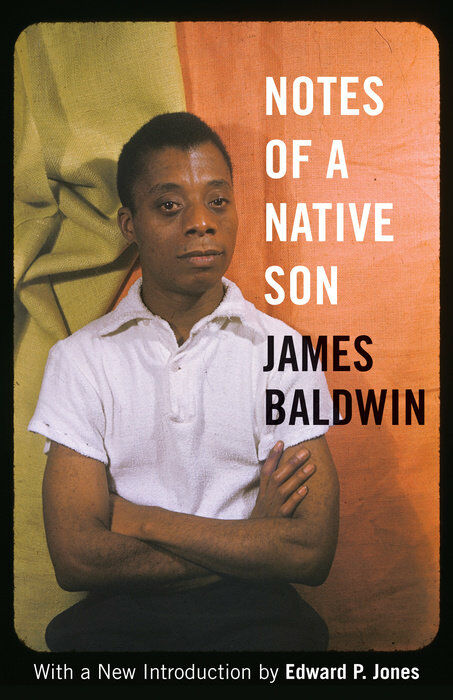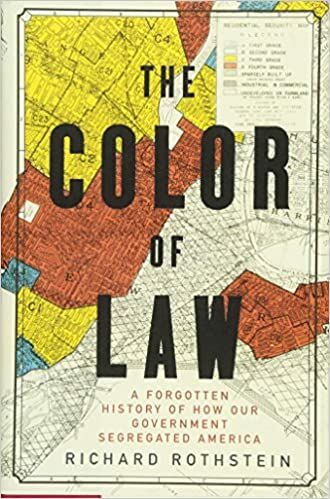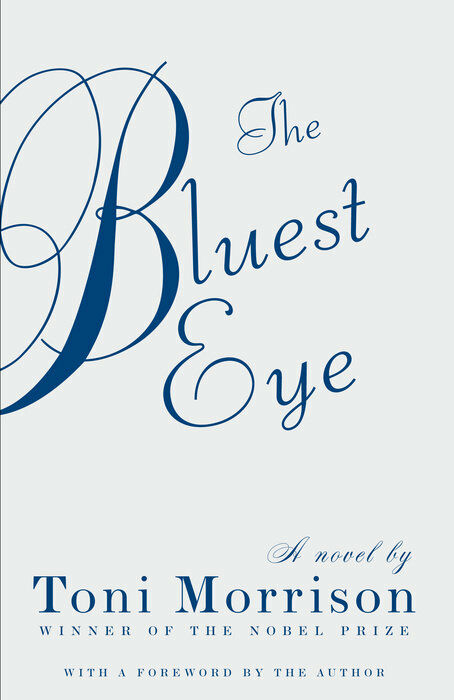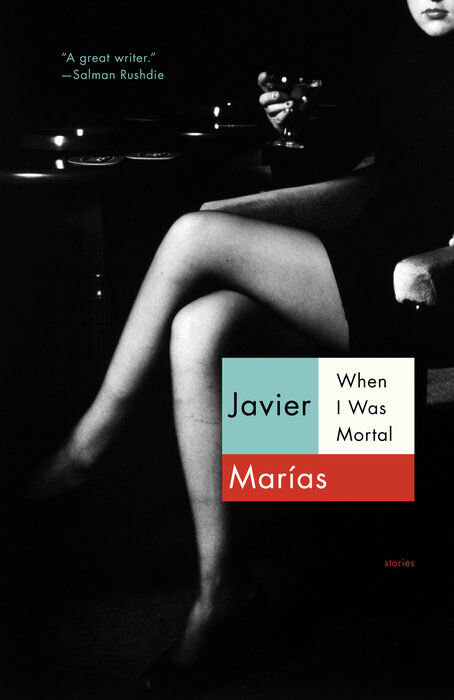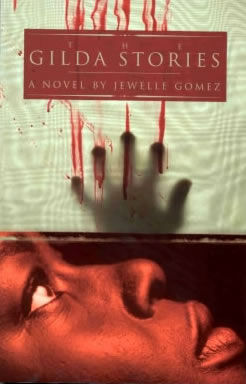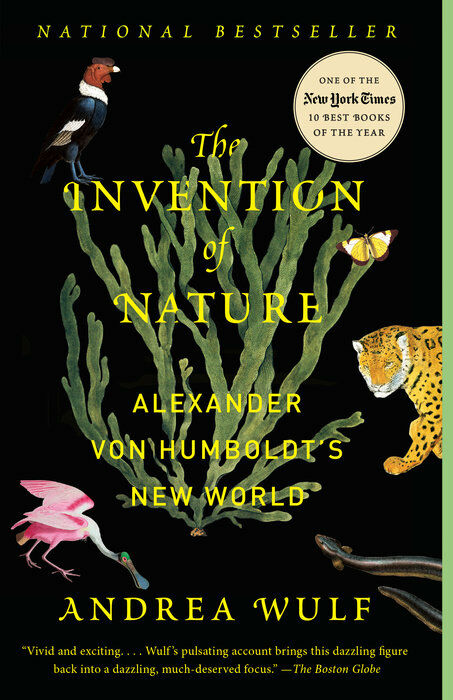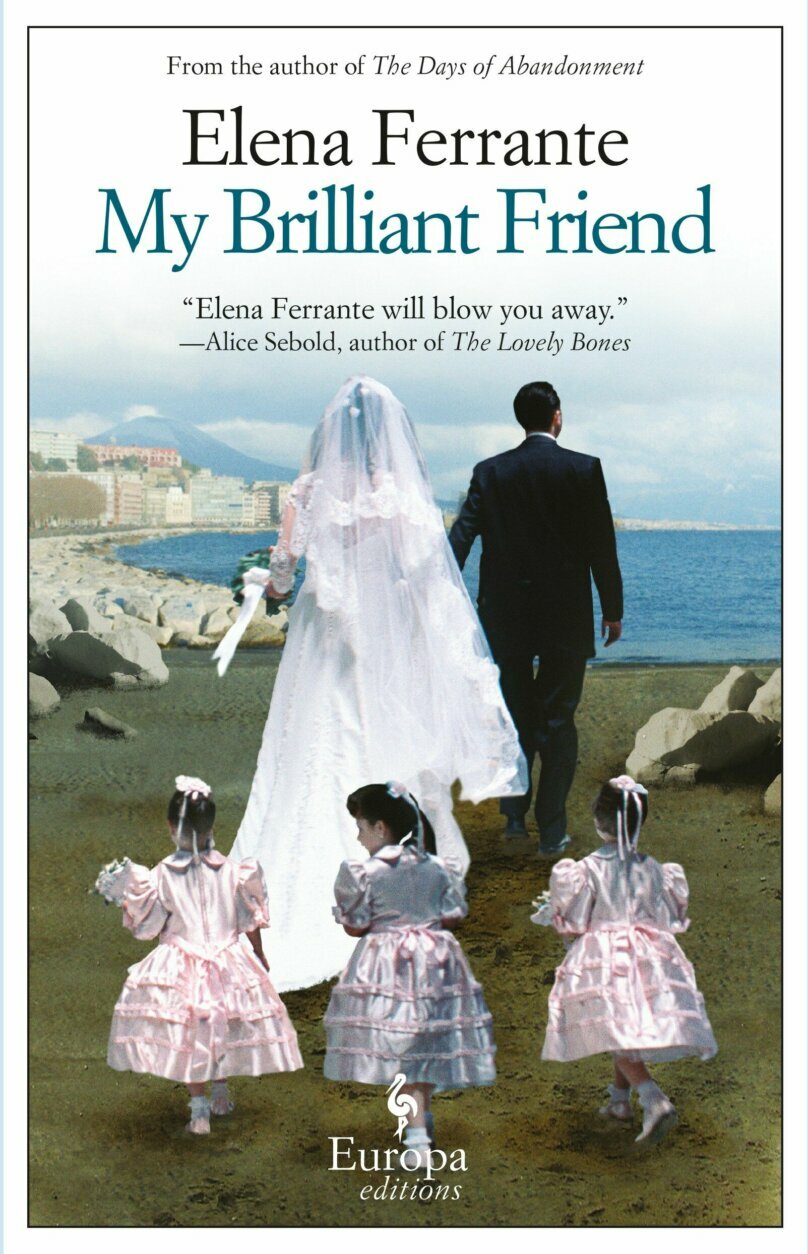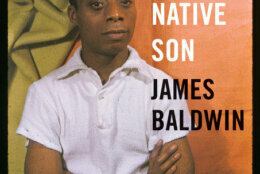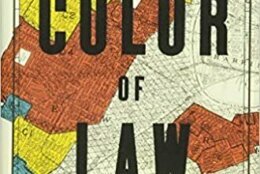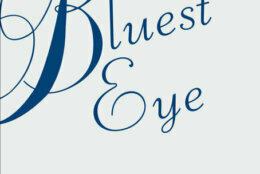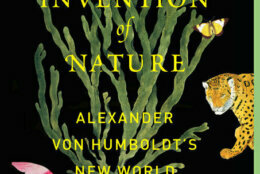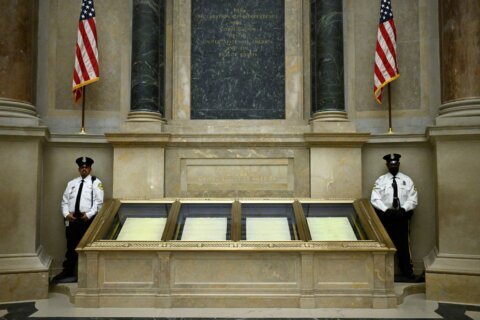Anyone who has spent more than a passing moment inside a local bookstore knows each one carries a distinct personality.
That personality is something of an amalgam of the owners, staff, customers and the books themselves.
Spaces matter when it comes to the life of a local bookstore. So what then do these stores do when the cozy, confined spaces that often draw customers in the door becomes the very thing that prevents them from running at full capacity during a pandemic?
Kyle Burk, a co-owner of Capitol Hill Books, said they tried to limit the number of people they let in the door at first, but D.C. Mayor Muriel Bowser’s order closing all nonessential businesses put a stop to that pretty quickly.
“After the mayor ordered the complete shutdown, we closed the store and basically we were forced to become an online business overnight,” Burk said.
Capitol Hill Books, which is nestled into a town house across from Eastern Market in the Capitol Hill neighborhood, trades mainly in used books.
The shelves, windowsills and bathrooms (but never the radiators) are so jammed full of books that it is almost impossible for two people to pass each other when walking between the stacks.
In the pre-pandemic world, this added to the store’s eclectic charm. In the new normal of life in the time of coronavirus, it became a nightmare for social distancing.
And so the team at Capitol Hill Books came up with new ideas to distribute their books and provide some of the eclectic energy that the store itself carries.
They began giving customers forms to fill out describing their interests, favorite topics and authors, and the staff would then curate a selection of books for that customer based on responses.
“That’s been what’s kept us afloat so far — we’ve been shipping those out all over the country, and people can also pick their stacks up here curbside,” Burk said.
Mike D: Our store is not entirely …
All Beasties: Closed!
Ad-Rock: We’re still shipping books via U.S. …
All Beasties: POST!
MCA: If you gotta need to read just let us …
All Beasties: KNOW!
Mike D: We’ll send you a stack that’ll make your mind …
All Beasties: BLOW! https://t.co/jkxvcK4Nfr
— Capitol Hill Books (@chbooksdc) May 28, 2020
The mystery stack idea has kept the store operating, but the drop in sales left the business rattled.
The store keeps a relatively small staff and, so far, they haven’t had to lay anyone off. Burk said he’s grateful for that because several of the store’s employees count on the job to help subsidize their health insurance.
The position that Capitol Hill Books found itself in could be seen in most stores that counted on in-person sales for the bulk of their business. The big difference for them was that the layout of the store has kept them hesitant to allow customers back in, even six months into the coronavirus pandemic.
“Anybody who knows Capitol Hill Books knows its quite a cramped, labyrinthine-type place, where it’s difficult to not be stuck in there and feel kind of trapped when there are a lot of other people around,” Burk said.
Politics and Prose, a local bookstore that has been open in the District since 1984, also had the wind taken out of their sails as business dried up overnight.
Bradley Graham, who has been co-owner of Politics and Prose for the last nine years, said they were ready to hit the ground running with online sales, but quickly found they had to make changes to meet the demands of fulfilling the orders that rolled in.
“We were able — behind closed doors — to fulfill web orders and phone orders. We, like many bookstores and other retailers, saw a tremendous surge in internet business,” Graham said.
Graham described Politics and Prose’s web sales as “modest” before the virus forced businesses to close. Pretty quickly though, they realized that more staff would need to be trained to fulfill web orders that rolled in as the D.C. region entered lockdown.
Politics and Prose is also known for hosting dialogues with authors and academics in their stores, which would draw crowds of people into some tight spaces. These were quickly moved to an online format, where Graham said they will stay until the virus is no longer a concern.
A social movement takes root
As Capitol Hill Books and Politics and Prose were still in the process of figuring out how to operate in the middle of a pandemic, another nation-shaking event happened. The death of George Floyd at the hands of Minneapolis police officers led to ongoing nationwide protests for racial equity.
“Initially, it was books about pandemics, about viruses and now — ever since Black Lives Matter has taken off — we probably get 60 to 70% more requests for books on that topic — on race in America — than we have in the past,” Burk said. “It’s been really exciting and I hope it’s more than a trend — I hope it stays this way.”
At Politics and Prose, the story was similar.
“In the aftermath of the George Floyd killing and the resurgence of support for the Black Lives Matter movement, we received a whopping number of orders for books on social justice,” Graham said.
The most popular titles early on at Politics and Prose were “White Fragility” by Robin DiAngelo and “How to Be an Antiracist” by Ibram X. Kendi, according to Graham.
“Orders for those titles just came in by the hundreds,” Graham said. “At the same time, we were having discussions among the staff about how to highlight books on race and social justice in the store and on our website and in our communications with customers.”
The Politics and Prose website now has a section of their website dedicated to anti-racist literature.
Burk said they’ve been recommending American novelist James Baldwin to those who want to read more on the history of the current movement.
At Capitol Hill Books, demand for books on racial equity and history poured in so fast, they began ordering new copies of popular titles from distributors — a break from their standard used book-based business model.
“Definitely one of the most encouraging things that I think has happened since the pandemic are just the amount of requests that people have to read things that are outside their habits and outside their comfort zones,” Burk said. “A lot of requests for LGBT literature, a lot of requests for BIPOC [Black, Indigenous and People of Color] literature, all sorts of different things … people are trying to expand their horizons and that’s what books are all about.”
What to read next
The following gallery contains a collection of books recommended by the staff of Politics and Prose and Capitol Hill Books.
Hit “See full caption” to read a short synopsis of the book.
